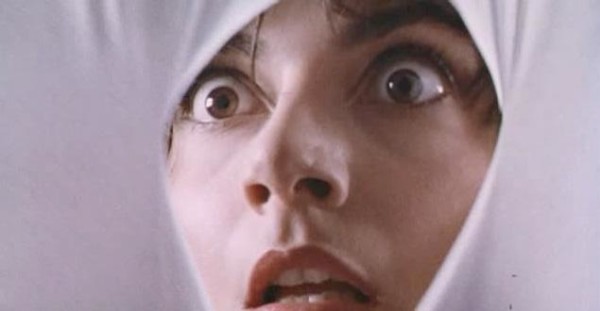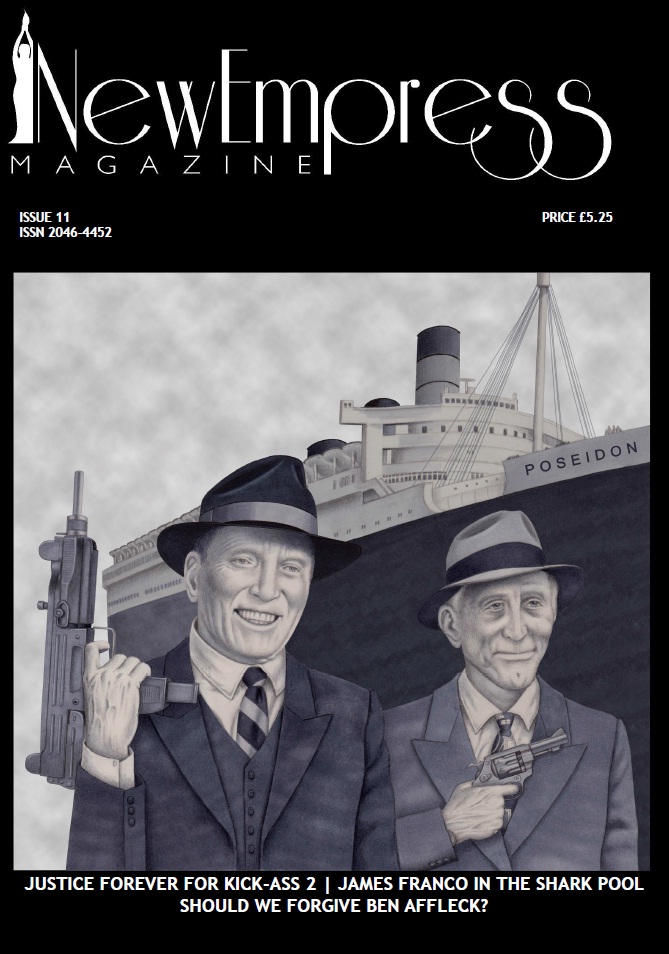
Dario Argento’s Tenebrae (1982) is a fascinatingly meta-textual movie; both in that it’s a mystery thriller focused on the conventions of mystery thrillers, especially the Italian giallo, and that it’s partially autobiographical. The film is based on Argento’s experience with a stalker and his dealings with the mainstream press (who have hounded the auteur for years with accusations of misogyny).
Peter Neal (Anthony Franciosa) is an American crime fiction writer whose novels have found an appreciative audience in Rome. Heading over for a press tour organised by his agent (John Saxon), he finds himself stalked by an obsessive fan who has been inspired to commit a series of brutal murders by Neal’s novels.
The film is often described as cold, almost clinical, with its strong white and red tones – even crisper in HD – perfectly conveying the notion that Argento’s films are hollow entertainment, with no real malice behind them. Meanwhile, small touches throughout Tenebrae remind us of the falsity and fakeness of cinema’s cheap tricks: the seductive female object of the killer’s lust/trauma is played by a transexual (Eva Robins), while members of the cast are carefully styled to resemble extras and each other. Then, of course, there’s the classic final fake-out, which we won’t give away.
While Argento’s masterful camera work often seems tacked-on to his movies, this is one example of his craft conveying a definite message. It’s the perfect argument for exploitation horror as meaningful art.
Extras
The real centrepiece of the Blu-ray’s bonus material is a very brief interview with Argento, in which he confirms a certain interpretation of the film. This is then fleshed out in an analysis from film critic Maitland McDonagh. Daria Nicolodi, who played Anne, offers a more-personal account of what happened on set and Claudio Simonetti guides you through the legal labyrinth that led to members of Goblin providing music for the film without the whole band being credited.
There are also two commentaries, neither featuring Argento, unfortunately. Beloved film critic and novelist Kim Newman along with Argento expert Alan Jones double-team the first and it’s detailed and interesting, but a little dry. Thomas Rostock, another critic, provides a commentary is far more prepared, but the combination of his level voice and extreme amounts of technical detail make this almost unlistenable. Lastly, you get a spiffy trailer and some unnecessary Goblin concert footage.
Neil has awarded Tenebrae four Torches of Truth













